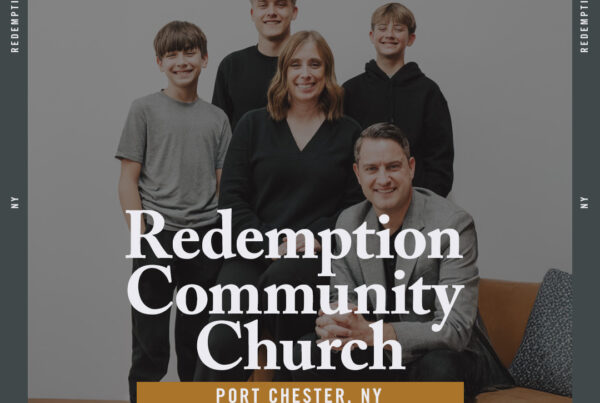As leaders, we can exert a lot of time and energy answering important “what, when, where, how” questions, but the most important one has nothing to do with strategy, personnel or systems execution.
What question should we be answering? Here it is: “Who are we becoming?” Why is this so important? Because who we are will determine what we do. It’s the “who” before the “do.”
Peter Drucker said, “Culture eats strategy for breakfast.” In other words, who you are is more important than what you do. Culture isn’t the game plan. Culture is how you choose to play the game. Culture is the collection of accepted behaviors (intended or unintended) of a group of people. As a pastor, I have had the privilege of spending time in a lot of churches. I’ve found that while many share similar ministry models, they don’t all get the same results. Some make strides while others stay stuck.
What’s the difference? Culture. How do you ensure you have the right culture?
Define your values. I failed to do this in the early days of the church and simply hoped that people would “get it.” Well, that didn’t happen. It wasn’t until I met Phil Klein and the team of Focus412 that we crafted 10 values that support our mission and vision as a church.
Values determine behaviors. Behaviors shape culture.
Have you articulated your values with clarity? Are they specific or subjective? One of our values is: It’s all about Jesus. We want our people to have a passion for Jesus. Here’s another: We honor up, down and around. Honor means to regard with great respect, and we want everyone to be treated with love and respect.
Craft your language. Every culture has a unique language. Language consists of your sounds and your standards.
“Sounds” are insider language, catchy phrases that we use to reinforce our values. One sound we have centers on a special moment in the life of the church. One Sunday morning one of our trailers filled with church equipment was lodged in the storage unit, and the team couldn’t get it out. One team member said, “We can’t get it out,” and one of our staff replied, “Let’s tear down the building.” So when we need to get something done that requires extra effort, that’s what we say. It’s fun and reminds us that we’ll do whatever it takes to reach people with the good news of Jesus.
“Standards” are what define expectations. Here’s an example: “We will lead from the front.” This reminds our team to be an example in displaying the behaviors we want our people to emulate.
Train your team. Now it was time to give our team a blueprint for their behavior. It didn’t take long until we begin to see the culture take shape. Values, sounds and standards were regularly shared in our team huddles and rallies. We publicly celebrated those who were living out the values (what gets celebrated gets duplicated) and privately corrected those that did not.
Stay on it. As leaders, we must constantly inspect what we expect. The church’s mission is so critical, we can’t leave the culture up to chance. Don’t let it slide. Evaluate every environment, be intentional, embody the culture every day and the rest will take care of itself.
This article was featured in the Spring 2023 AVAIL Journal. Click to read this article and the full “Inside the ARC” Special Edition at AVAIL JOURNAL

Josh and Kara Joines are co-pastors of Faith Family Church in Baytown, Texas, where they live with their two sons, Caleb and Tyler. Since launching with ARC in 2014, they have seen Faith Family Church grow to two campuses and 4,000 in weekly attendance. In addition to leading Faith Family, Josh has recently founded Cadency, a coaching network designed to encourage and help pastors find their rhythm after planting their own churches.





